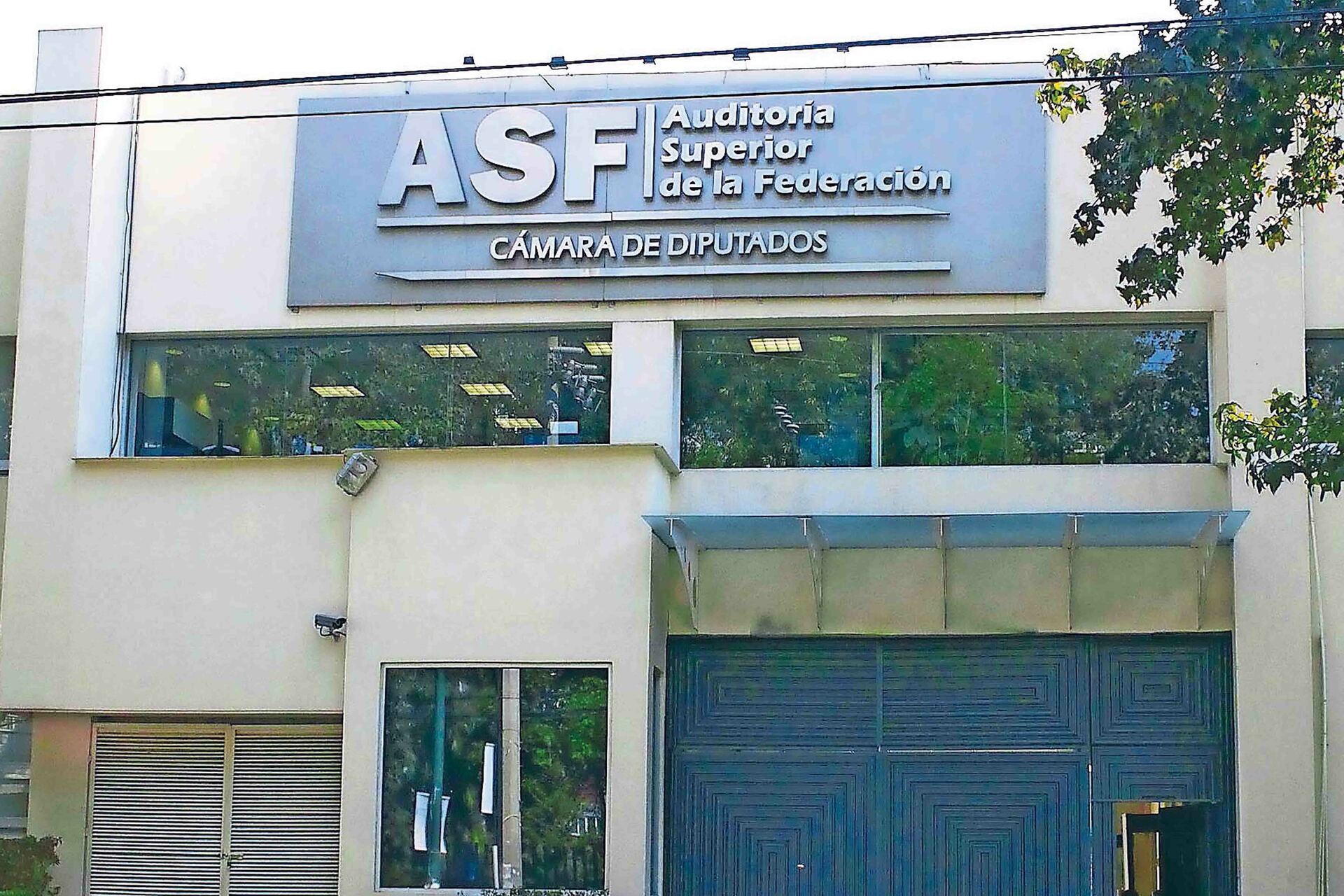It is the sole responsibility of the Superior Audit Office of the Federation to audit federal funds.

Since June 12, 2024, by unanimous vote, the Supreme Court of Justice of the Nation (SCJN) issued a ruling resolving the direct amparo under review (6491/2023), where it is determined that the power to audit resources of federal origin corresponds exclusively to the Superior Audit of the Federation (ASF), in terms of the provisions of Article 124 of the Constitution, which indicates that the powers that are not expressly granted by this Constitution to federal officials are understood to be reserved to the States or Mexico City within the scope of their respective powers.
Thus, although resources are sent to the states through the Finance Secretariats, pursuant to the Fiscal Coordination Law, they do not become state resources, and therefore the oversight authority falls solely to the ASF, following this jurisprudence, which allows any entity, such as municipalities, to rely on observations made by the oversight body of the state in question, typically the State Superior Audit Offices.
The above means that the review and observation of federal resources allocated to municipalities from Branch 28, that is, participations, contributions to Fortamun and Branch 33 (FAISMUN), the Municipal Social Infrastructure Fund, among others, is not the responsibility of the State Audit entities, but rather of the ASF.
The facts of the SCJN's resolution of the direct amparo trial (6491/2023), detail in summary, that a person filed a direct amparo trial against the resolution issued by the Specialized Court on Administrative Responsibility of the Administrative Tribunal of the Judicial Branch of the State of Chiapas, by which he was found responsible for having committed the serious administrative offense related to the misuse of public resources.

However, the Collegiate Court determined that it was incorrect for the responsible party to validate the local authority's jurisdiction to audit federal resources and, therefore, granted the injunction, which motivated the third-party interested party to file the aforementioned appeal, which the SCJN resolved on June 12, 2024.
The SCJN applied the following criterion to the Chiapas state authority: "Finally, the appellant is not right in arguing that the federal contributions delivered to the State become part of its resources and, therefore, that this empowers the state oversight authority to oversee and review public accounts and investigate and sanction their improper handling."
In the case of entities like Durango, just last July 18, the State Congress reported that, through the Finance, Budget, and Public Accounts Commission, it had received the Public Accounts Results Reports from the 39 municipalities, autonomous agencies, and the State Government for the 2024 fiscal year.
The formal presentation of the digital documents was made by the State Auditor, Diana Gabriela Gaitán Garza, to the president of the Commission, Rocío Rebollo Mendoza, the legislators, and the Secretary General of Congress, David Enríquez Díaz.
The Finance Committee will be responsible for reviewing and issuing an opinion on them by October 31 of this year, before voting on them in the Plenary Session.
Finally, there could be a contradiction between the determinations made by the SCJN and the ASED, since the latter local body still mentions on its official website that among its powers is to oversee the management, custody and application of resources, "including resources of federal origin, where appropriate, through reports to be submitted in the terms provided by law, in addition it may require the subjects of oversight to proceed, to review the concepts it deems pertinent and submit a report to it, deliver the reports of the result of the review of public accounts, to the Honorable State Congress, in the terms established by law."
elsiglodetorreon





